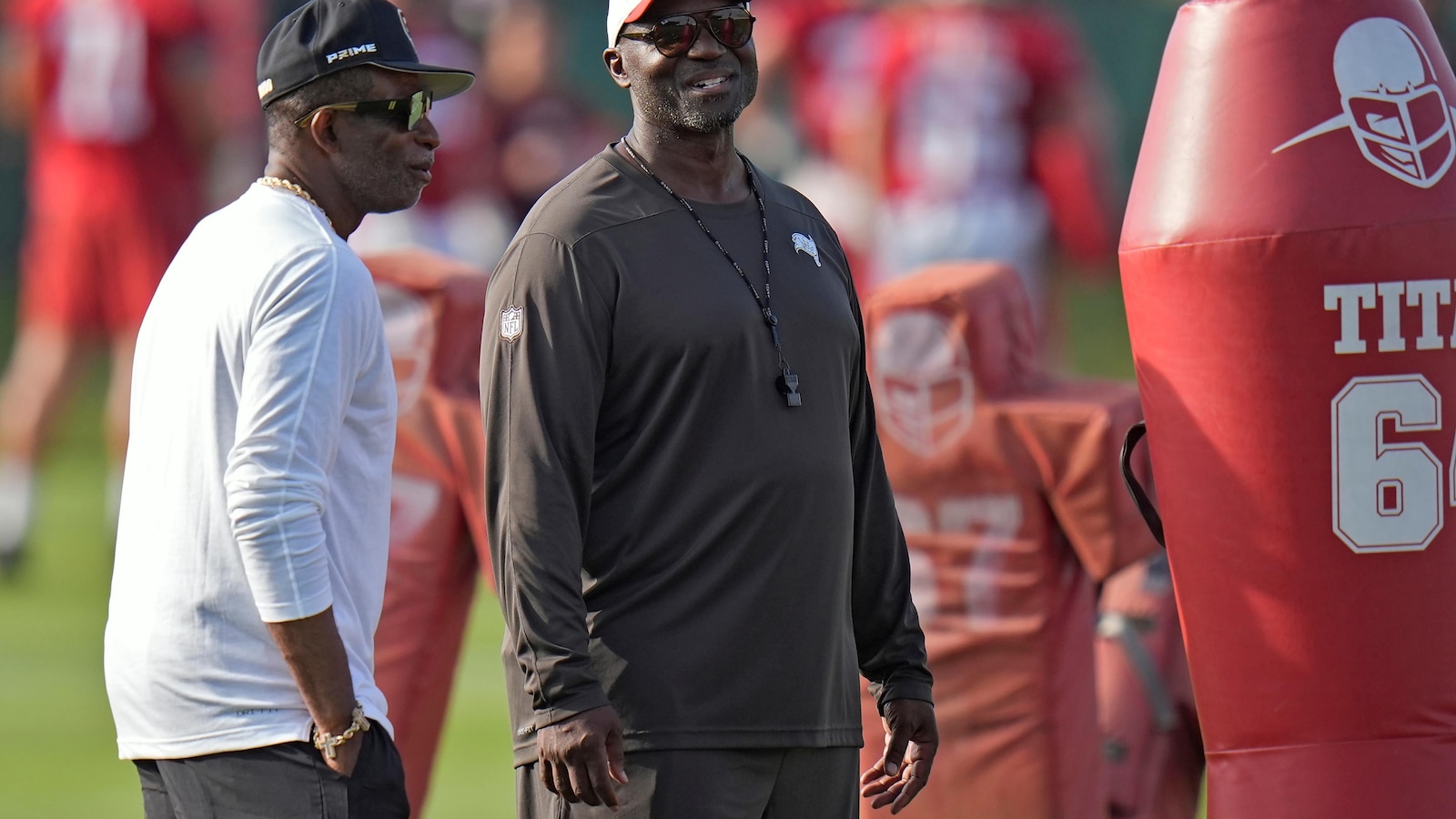Colorectal Cancer on the Rise in Young Adults

Introduction
Recent research has shown that more and more young adults are being diagnosed with colorectal cancer. This trend is concerning as colon cancer is typically associated with older age groups. However, the increase in screenings may be a contributing factor to the rise in diagnoses in this demographic. As CNN reports, the surge in screenings has led to a higher number of early-stage diagnoses, which can greatly improve the chances of successful treatment. But this is not the only factor at play in this trend.
Risk Factors
Aside from increased screenings, there are other potential risk factors that may be contributing to this rise in colorectal cancer cases among young adults. A sedentary lifestyle, smoking, and a diet high in processed foods and red meat are all known to increase the risk of developing colon cancer. Additionally, genetic factors and a family history of the disease can also play a role in an individual's risk. It's important for young people to be aware of these risk factors and make lifestyle changes to help lower their chances of developing colon cancer.
Conclusion
The recent surge in colorectal cancer cases among young adults is a concerning trend, but it also brings attention to the importance of early detection and prevention. By making lifestyle changes and regularly getting screened, young adults can lower their risk of developing colon cancer. It's also crucial for medical professionals to continue monitoring and researching this trend to
About the Organizations Mentioned
CNN
**CNN (Cable News Network)** is a pioneering 24-hour cable news channel founded by media mogul Ted Turner and launched on June 1, 1980. It revolutionized television news by providing continuous, live news coverage worldwide, breaking from the traditional scheduled news broadcasts prevalent at the time[1][3][4][5]. CNN's headquarters are in Atlanta, Georgia, where it remains a major hub for news production. **History and Growth:** CNN was born from Ted Turner’s vision to create the first all-news channel, despite skepticism from industry professionals. Starting with a modest team and resources, it grew rapidly, expanding its reach through cable, satellite, and digital platforms. In 1982, CNN introduced CNN2 (later HLN), the first news channel to use a "wheel" schedule, and in 1985 launched CNN International to serve global audiences[1][4][6]. The network gained significant prominence during events like the 1991 Persian Gulf War, offering real-time battlefield coverage that established CNN as a trusted news source[3][6]. CNN’s website, CNN.com, launched in 1995, was among the first major news websites, marking its early embrace of digital news delivery[6]. **Ownership and Business Evolution:** In 1996, CNN became part of Time Warner (later WarnerMedia), and subsequently Warner Bros. Discovery, reflecting its integration into a major media conglomerate[1][2][6]. The network has adapted to changing media landscapes, including cost-cutting measures announced in 2022 but maintaining a commitment to longform and investigative content[1]. **Key Achievements:** CNN is credited with shaping modern journalism through its live, around-the-clock news coverage and global bureaus. It has earned numerous awards for its reporting and has influenced the creation of similar 24-hour news channels. Its notable anchors and correspondents, such as Bernard Shaw and Christiane Amanpour, have contributed to its authoritative reputation[1]


















